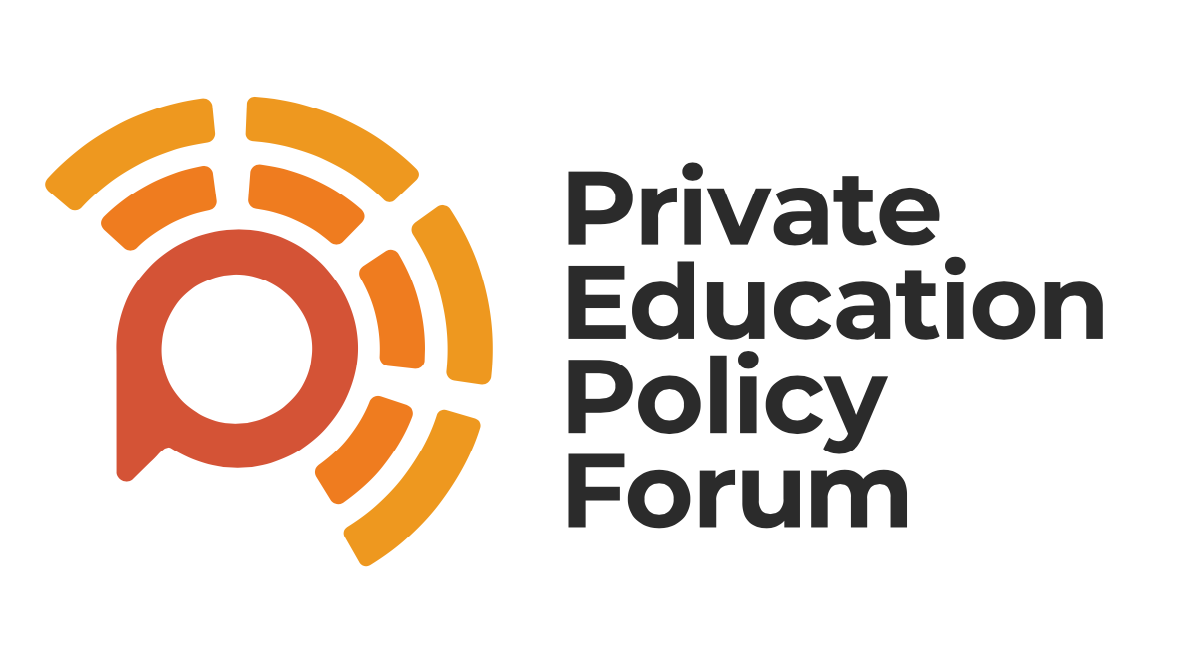
Mike Murray
As headteacher for seven years of a small secondary school in Halstead, Essex, I quickly learnt how choice operated.
Of around 210 students who typically lived in each year group within the catchment, around 25 to 30 did not even attend the feeder state primary schools but went to private prep schools.
Then, because in that part of Essex there were surviving grammar schools, a further 15 to 20 students did not attend once they passed the 11+. Also, aspirational parents in the surrounding villages within state primaries choose to send their children to the next secondary school that had a more middle-class catchment. Typically, 140 of the 210 possible children placed the school as first choice.
So before we started their education, the student body had been stripped of wealthy parents, many of the most aspirational and most of the academically able. Despite all the, often heroic, efforts of the staff, any headteacher would to struggle to sustain excellence and quality for two-thirds of the community’s children in this context.
However, with the wealthy included, state schools can and do thrive. Saffron Walden County High School is a single town school in a more affluent catchment far from any grammar schools. It offers, “a local school of exceptional quality” and middle- class parents rush to send their children there. It is rightly oversubscribed.
Unusually for a state school, a very wealthy parent donated £10 million to build a concert hall for classical concerts there. This has now become the regional hub for this music. State school students frequently receive music master classes from some of the greatest musicians in the world. However, this bequest was one more typical of private schools. Over 50 per cent of private schools have concert halls. Few state schools do.
The local private school, Friends School, could not survive in the face of such state excellence, and eventually closed in 2017. However, despite rising student numbers in the area, the Department for Education could not use the closing private school’s staff or purchase its site, even as a new free school. Its value to property developers was too high. Such a lovely environment was beyond what you can spend on state school students.
One wonders why. Sharing even a small bit of this privilege can have an extraordinary effect on whole communities. State school educators and parents should feel worthy of such entitlement and that to demand it is not a distraction from the day-to-day struggles they face.
Private schools are engines of cultural capital. They offer music, sporting facilities, confidence in public speaking and performance, support in developing independent learning habits, all of which should be promoted in all schools. However, being segregated, many of the 7 per cent emerge feeling entitled, frightened of and isolated from the majority of the public. Many also, feel guilty about their privilege and want to be able to serve more widely. In my forthcoming book, I suggest that integrating the system might require some subtle steps towards sharing this cultural capital and more active challenge to those who don’t.
So are you a supporter of social segregation? This seems an odd question to ask in this day and age. Yet the white (often wealthier) families who benefited from these unjust systems continue to defended them vigorously as if they were the only possible way to order society. Leaders placed reform on the “too difficult to tackle” pile for decades.
Yet we know seven per cent of the school population socially segregates themselves from the 93 per cent by their education. Private education helps to reproduce their domination in almost all key aspects of our national life.
To reform this – when according to the latest Sutton Trust report 69 per cent of top judges and 39 per cent of the cabinet were privately educated – is not going to be easy.
Although, as Mandela said, “it always seems impossible until it’s done”.
Segregation by wealth and class matters. Suggesting reform immediately meets resistance on the grounds of cost, choice and the destruction of excellence.
It is true that were the children educated privately to enter the state system, this would cost the taxpayer more than the private schools gain in charitable contributions and tax breaks. But this assumes that it is good to keep public spending on state education low, an assumption that can only be held by those whose children do not use this vital public service.
In fact, were more wealthy parents to join the state sector, I think I can guarantee that more would be spent on state schools because their children were attending them. After all, currently these parents ensure that one sixth of the nation’s spending on education goes on their own children.
Let us bring truth and reconciliation to this very British bastion of privilege. It matters to all of the parents in our country that we succeed.
Mike Murray has been teaching in comprehensive state schools for three decades. He was a headteacher of a secondary school between 2005 and 2012. Currently he is a teaching, learning and assessment lead in history and sociology at Hills Road Sixth Form College, Cambridge. He is also a teacher research lead within the SUPER partnership at the University of Cambridge.



